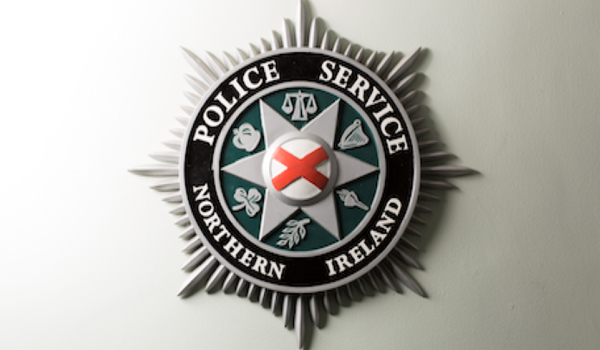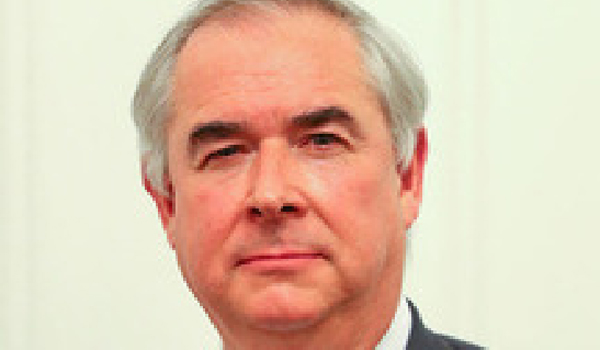Football supporters ‘wrongfully victimised’ by outdated restrictions
Football fans are being treated like criminals due to laws based on a “pack of lies” told to the Hillsborough inquiry, according to a police and crime commissioner (PCC).
North Wales PCC Arfon Jones claims restrictions on football supporters need to be rethought as much of the evidence used to create them was “false and misleading”.
Legislation introduced after the 1989 disaster led to bans on alcohol consumption in stadium stands and limitations on how fans can travel – but evidence presented to the Hillsborough inquiry undermined claims that hooliganism was responsible.
Mr Jones has now called on the Government to rethink the laws as he believes fans are being unfairly victimised.
He said: “This legislation was introduced after Hillsborough and following recommendations from the Taylor Report and we now know that much of the evidence provided to the inquiry led by Lord Justice Taylor was false and misleading.
“That legislation should be reviewed in the light of the facts shown by the inquests into the deaths of those unfortunate fans, inquests only held because of the fight for justice fought by the families of those Liverpool supporters.
“Football fans have been wrongfully victimised because of the pack of lies told to the inquiry and we should now be creating better legislation, especially around travelling restrictions.”
Ninety-six people died in a crush at the 1989 FA Cup semi-final at Hillsborough in Sheffield.
Following the tragedy, Lord Justice Taylor was appointed to conduct an inquiry into the events.
South Yorkshire Police’s defence told the inquiry that some fans had deliberately arrived late at the game without tickets to force entry into the ground.
Blame for the tragedy was placed on drunken football supporters but fans were exonerated by a second inquest in 2016 that found the 96 victims were ‘unlawfully killed’.
Lord Taylor’s 1989 report included a series of recommendations including a ban on alcohol on official transport or within a football stadium.
Standing room was also abolished at stadiums for teams in the top two leagues of English football, and some clubs and police forces have introduced ‘bubble’ matches that require away fans to travel to certain games on authorised buses.
These ‘bubble’ restrictions have been used at Wrexham v Chester games, and meant all away fans had to travel to the game on designated transport from specific pick-up points even though the two clubs were 14 miles apart.
Mr Jones helped lift the policy this season on fixtures despite the rivalry between the two teams, asking them to be on their best behaviour.
No major incidents have been recorded at the clubs’ games.
Mr Jones has now written to the Football Supporters Federation asking for the matter to be raised at the next meeting of the All Party Parliamentary Group for Football Supporters on May 1.
A spokesperson for the Football Supporters Federation said: “Football has changed significantly over the past 30 years and out-dated football-specific legislation should be reformed to reflect that – we welcome the commissioner’s support in achieving that goal.”






